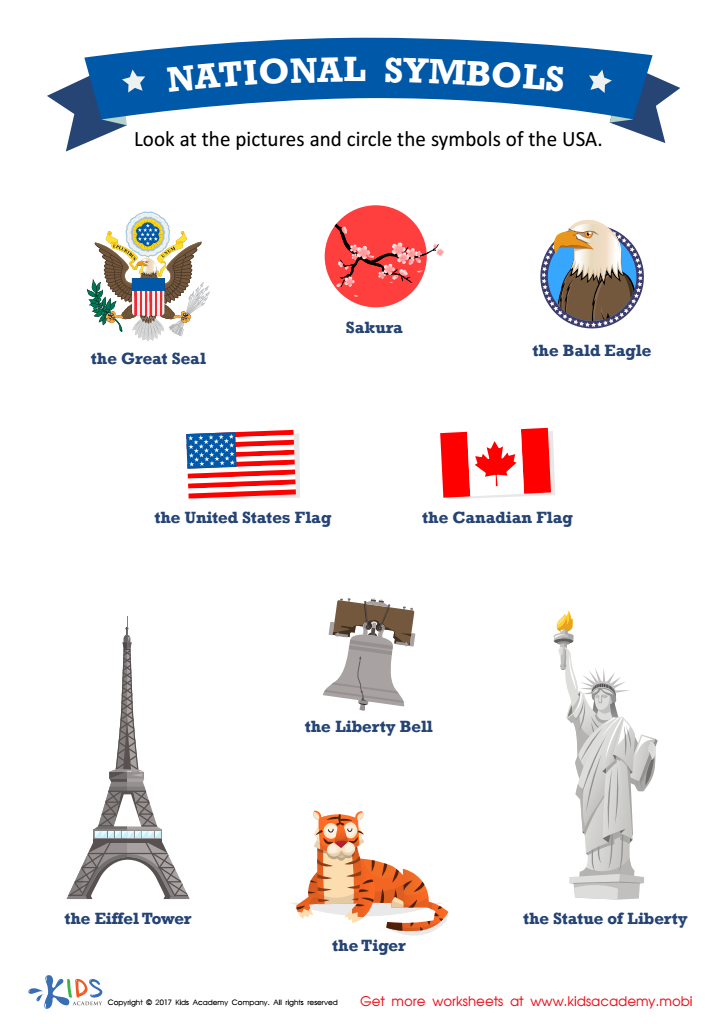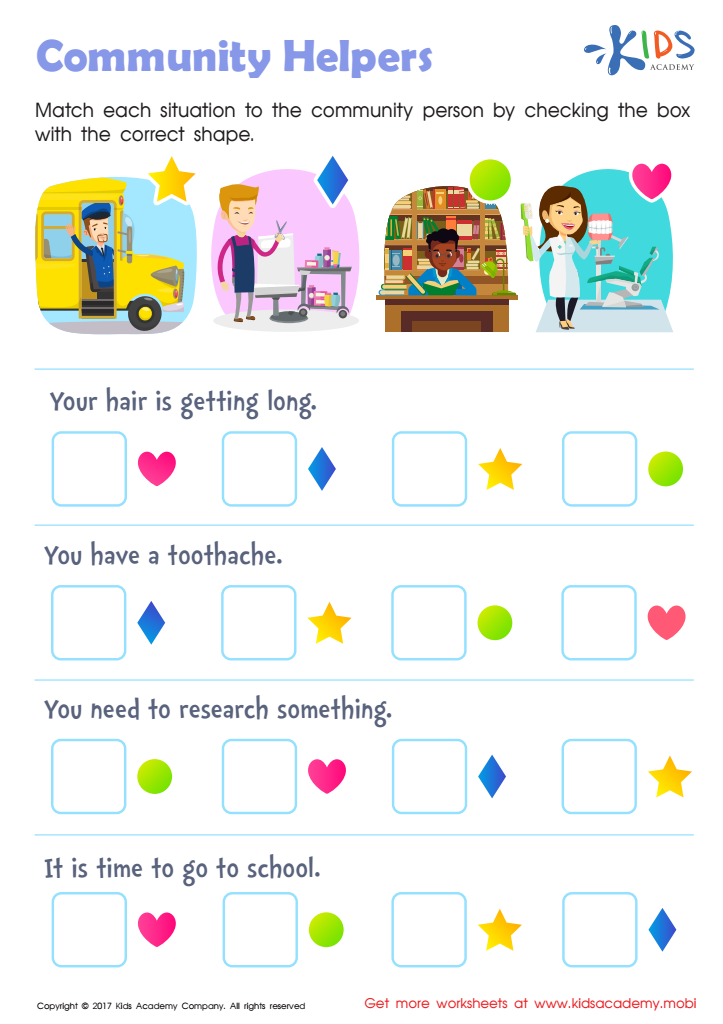Associative learning Worksheets for Ages 4-7
6 filtered results
-
From - To
Discover our engaging associative learning worksheets designed for children ages 4-7! Perfect for early learners, these worksheets enhance cognitive skills by helping kids make connections between words, pictures, and concepts. Through fun activities such as matching, sorting, and categorizing, children will develop critical thinking and problem-solving abilities while boosting their vocabulary. Our user-friendly format makes it easy for parents and teachers to implement fun learning sessions that engage young minds. Foster curiosity and support your child’s educational journey with our interactive resources. Explore our collection today and watch your little ones thrive in their associative learning skills!
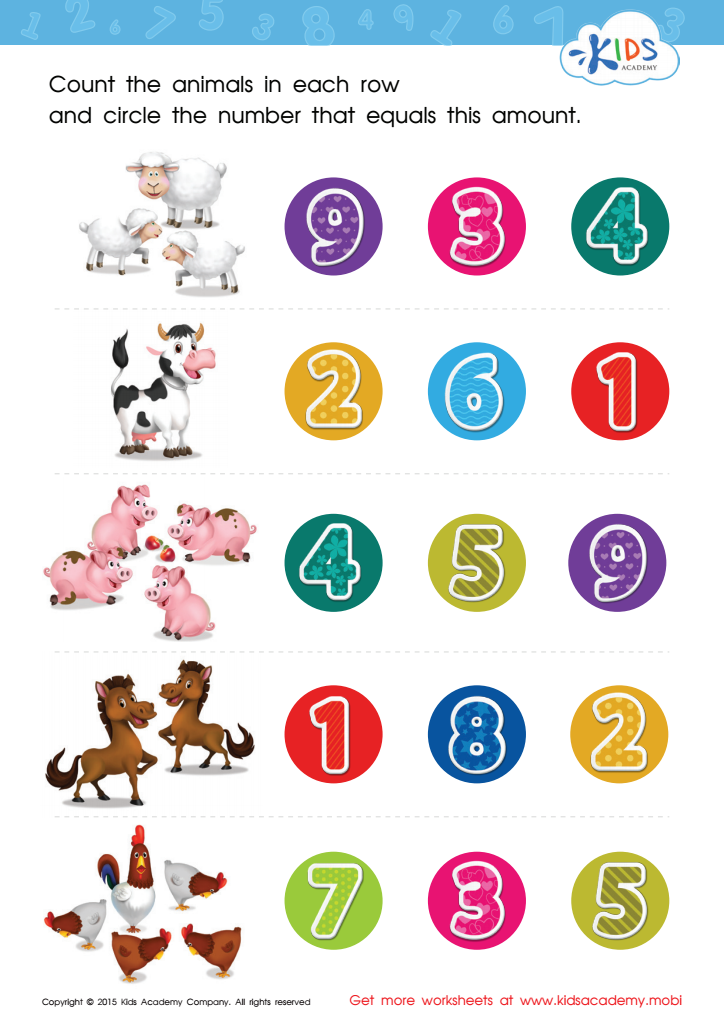

Count and Match 1 – 5 Math Worksheet
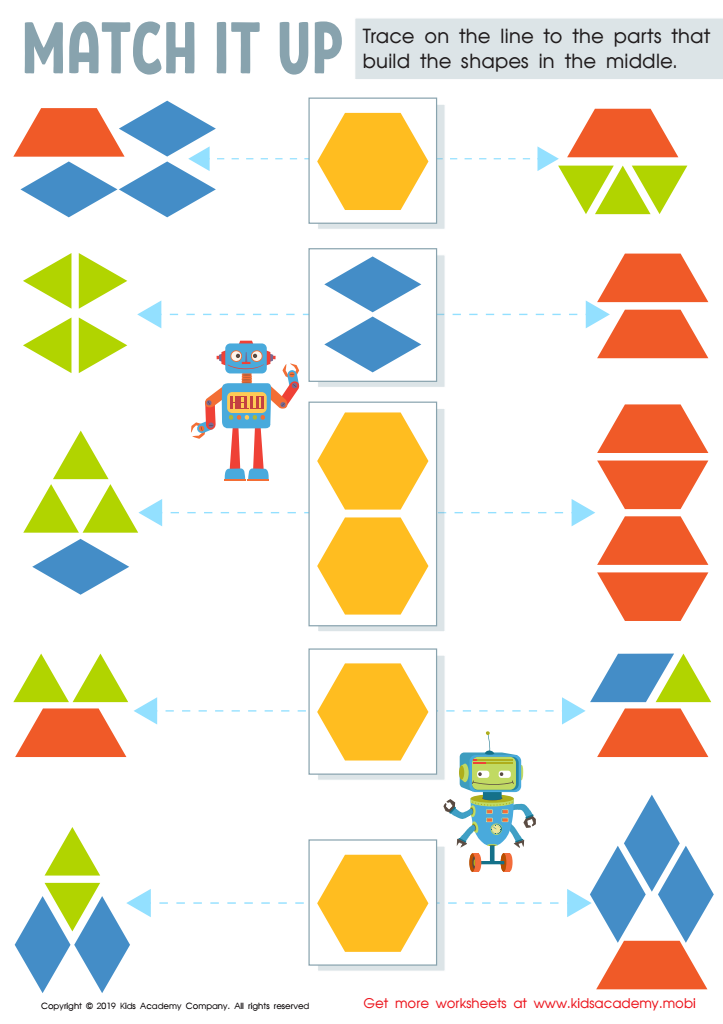

Match It up Worksheet
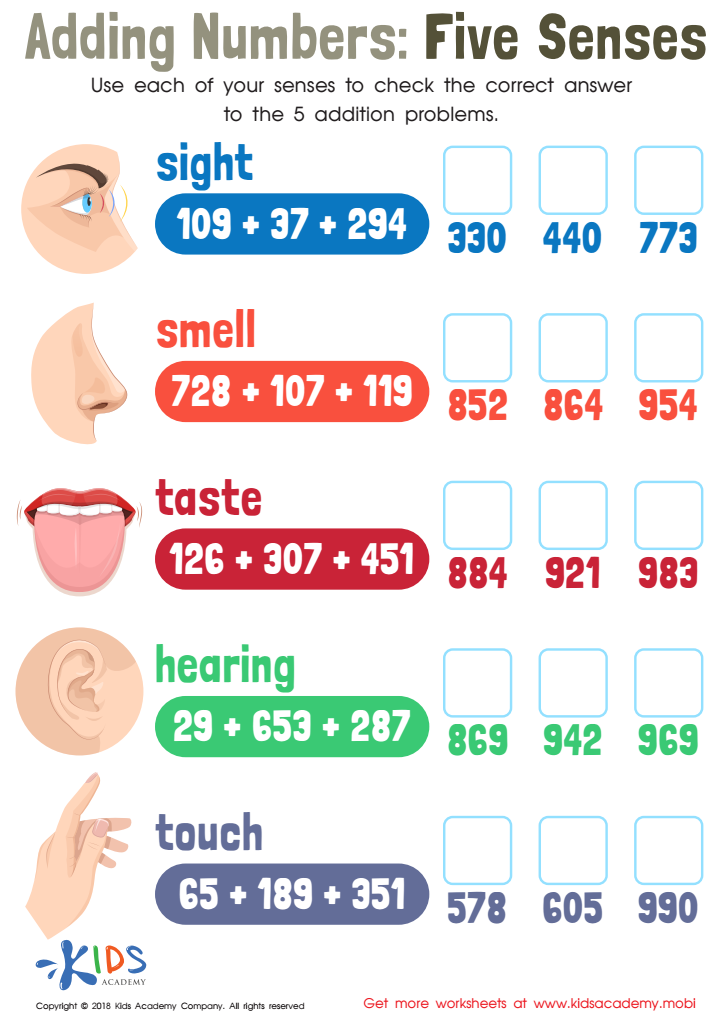

Adding Numbers: Five Senses Worksheet
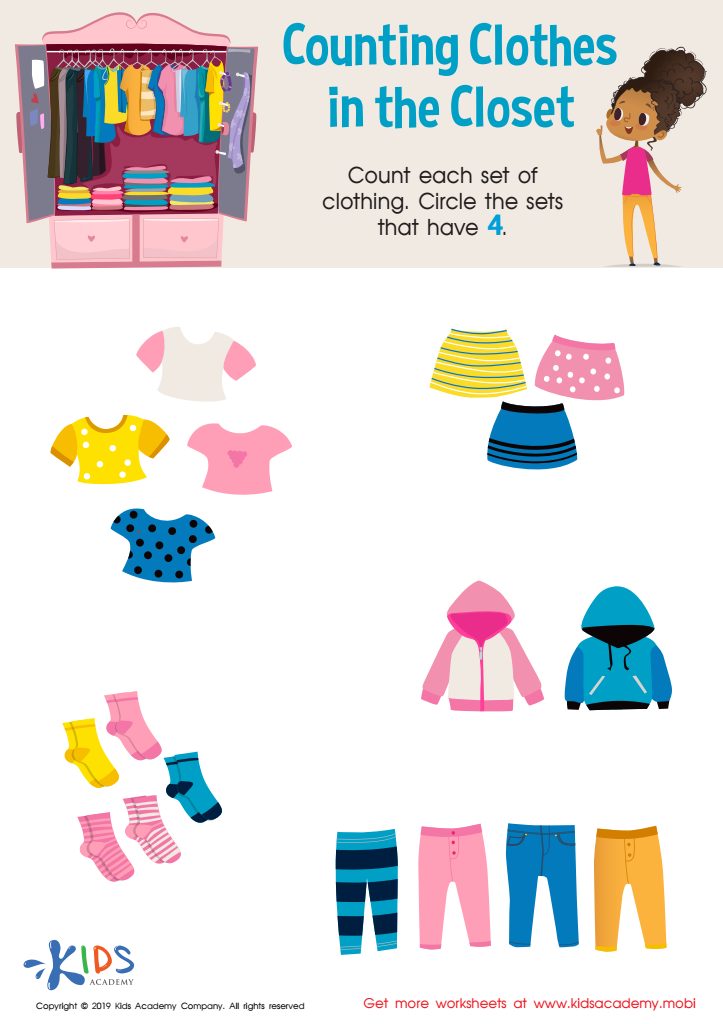

Counting Clothes Worksheet
Associative learning is a fundamental cognitive process that involves making connections between ideas, concepts, or experiences. For children ages 4-7, this form of learning is crucial as it lays the groundwork for their overall cognitive development and academic success. Parents and teachers should care about this because it greatly influences a child's ability to understand relationships, solve problems, and build critical thinking skills.
In this developmental stage, children are naturally curious and eager to explore the world around them. Associative learning enables them to link new information with existing knowledge, facilitating memory retention and enhancing language skills. For example, when a child learns the word "apple," associating it with its color, taste, and the experience of eating it deepens their understanding and helps with future recall.
Furthermore, activities that promote associative learning, such as storytelling, games, and hands-on exploration, can foster a positive learning environment. They not only engage children's minds but also support social skills, as collaboration often accompanies these activities. When parents and teachers prioritize associative learning, they contribute to building a foundation of effective learning strategies that promote a child's lifelong love of learning. Ultimately, investing in this early cognitive development benefits both individuals and society as a whole.
 Assign to My Students
Assign to My Students

